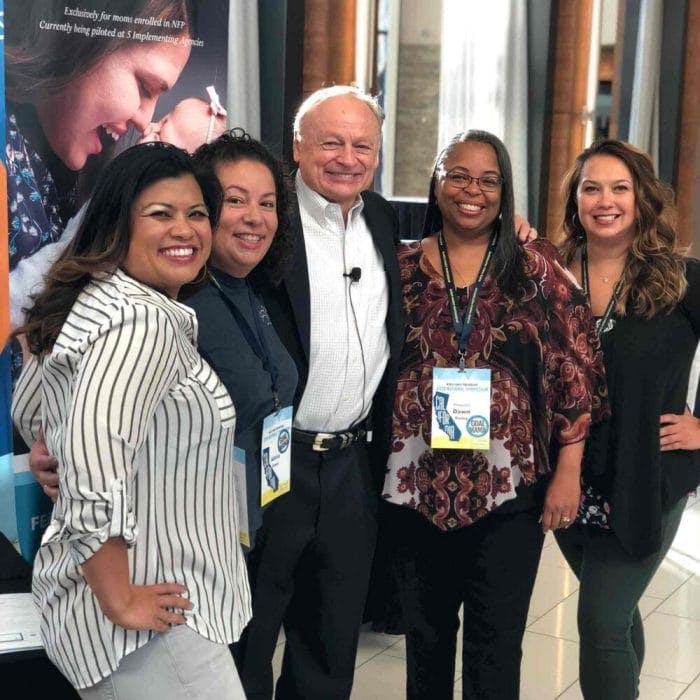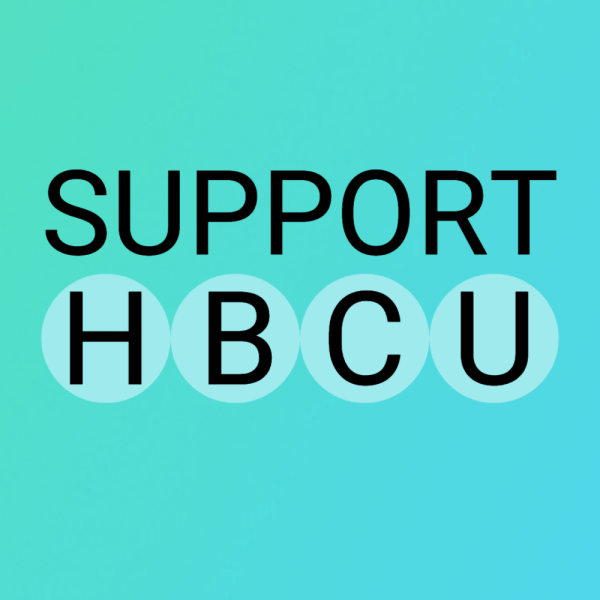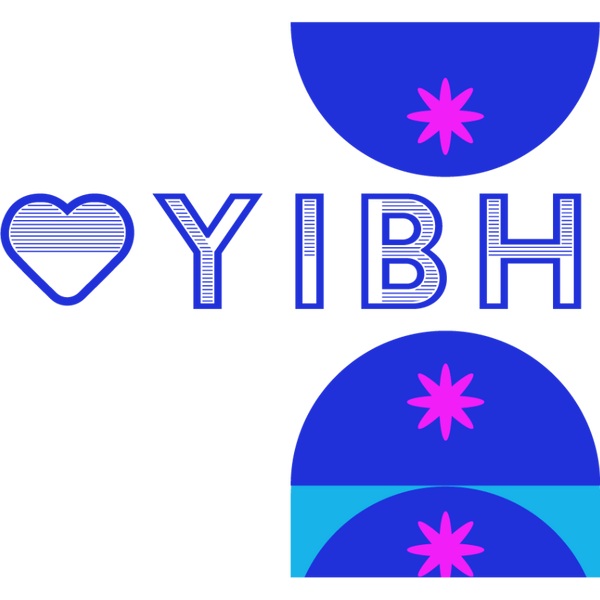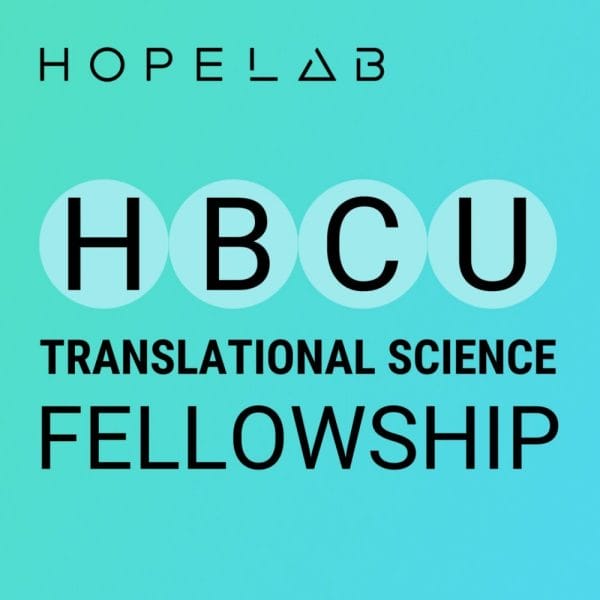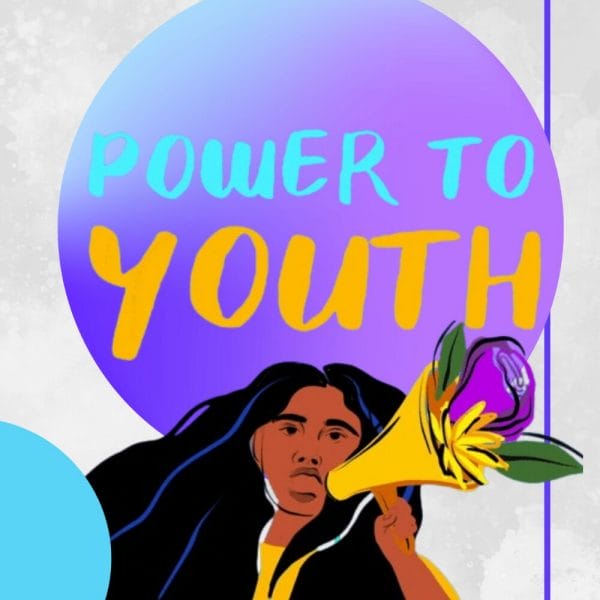This past week brought our team out to Denver again, this time to attend the Nurse-Family Partnership’s National Symposium. We were there to share the Goal Mama app and dashboard with a broader nursing audience, but also to hear NFP executives’ vision for the program’s success over the next few years. Hearing from Dr. David Olds, the founder of the program, speak about how the Nurse-Family Partnership can help reverse adverse childhood experiences affecting young families was remarkable. It was so profound and inspiring to hear how hope and science shape this program. It makes me reflect on just how aligned this partnership is with the work Hopelab is doing.
Adverse childhood experiences (ACEs) can have a potential lifetime of impact. They affect a child’s ability to learn, their physical and mental health, and also change the way they interact with the world. They can even lead to behavioral issues. The facts associated with ACEs are staggering and unfortunately, young children are the most vulnerable.
- Half of all children under six live at or near poverty
- 1.2 million are homeless
- 13 million children live in food-insecure homes
- Each day seven children or teens commit suicide
ACEs can include abuse and neglect, witnessing domestic violence or a parent’s substance abuse, even divorce, and maternal depression. A 2016 National Survey of Children’s Health reveals that nearly half of American children under 18 have had at least one out of nine types of ACEs and 20 percent have had at least two ACEs. Children who have had multiple ACEs are at a significantly higher risk for issues affecting their development, learning, and health.
Dr. Ross Thompson, professor of psychology at U.C. Davis spoke about brain science at the symposium. He shared that the brain does not discriminate about the kinds of experiences that shape it. “We hope that they are warm, loving experiences, but often they are experiences of trauma that are shaping and pruning the brain.” While the brain develops at different points in time, the first five years is absolutely essential for development. And science is also uncovering that a mother’s stress level, while her baby is in-utero, can also be affected by toxic stress. Her biology, as well as her baby’s biology, could very well be affected by stress and adverse experiences.
So, what can we do about all of this? Dr. Olds talked about the goals of the Nurse-Family Partnership program: to enroll more families, especially those at risk, retain them, and adjust the content to meet the needs of the families. Hopelab’s Goal Mama platform, which utilizes an app and nurse dashboard so that moms and nurses can work together on goal setting, fostering healthy habits, and supporting mom’s priorities and strengths, was co-created with the hope that this tech product could help increase the scale and impact of the NFP program. It’s currently being piloted at five different NFP sites across the country in a six-month randomized control trial designed to assess the efficacy and impact on program engagement and retention. At the symposium, one nurse who has been with NFP for more than ten years, remarked that although she is a technophobe, she can see herself using Goal Mama with her clients and is excited about integrating an app into her practice.
One thing that Dr. Olds said in his talk that really stuck with me was, the moms in this program are often hearing nothing but “they’re doing it wrong,” except when they receive encouragement from their nurses. Goal setting allows nurses to give positive reinforcement and celebrate success with their clients and doing it on the Goal Mama platform meets moms where they are, using technology to enhance the engagement. Most importantly, it allows moms and nurses to lead with their strengths, uncovered through goal-setting. We are excited to see the positive response from a majority of nurses and nurse supervisors at the NFP National Symposium and look forward to an implementation of Goal Mama in 2019.
Check out this video for more on the Goal Mama project.

